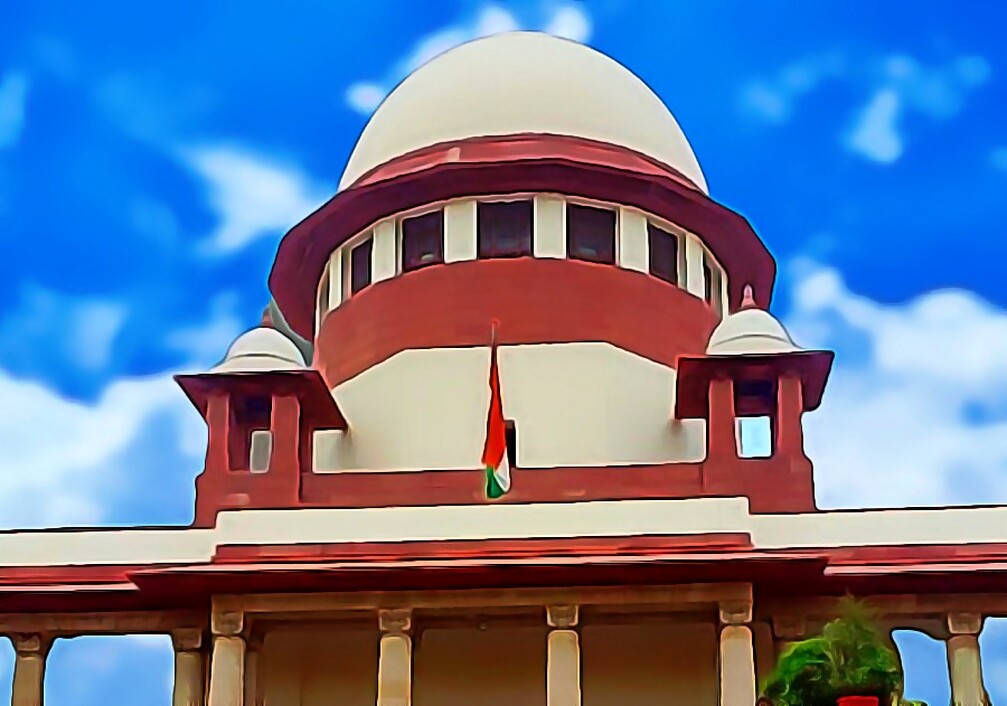Supreme Court strikes down certain provisions of 97th Constitutional Amendment on Cooperatives

Read Judgment : UNION OF INDIA v. RAJENDRA N SHAH & ANR
LE Staff
New Delhi, July 21, 2021: The Supreme Court in a 2:1 majority verdict has upheld the validity of the 97th constitutional amendment, which deals with issues related to effective management of co-operative societies in the country, but struck down a part related to their setting up and functioning.
The apex court’s verdict came on the Centre’s plea challenging the Gujarat high court’s 2013 decision striking down certain provisions of the 97th constitutional amendment while holding that Parliament cannot enact laws or issue notification with regard to cooperative societies as it is a state subject.
Justices RF Nariman and BR Gavai struck down only Part IXB of the amendment, while Justice KM Joseph struck down the entire constitutional amendment and gave a partly dissenting verdict.
While Article 19(1)(c) guarantees freedom to form association or unions or cooperative societies subject to certain restrictions, Article 43 B says that States shall endeavour to promote voluntary formation, autonomous functioning, democratic control and professional management of cooperative societies.
The Part IX B of the Constitution inserted by the 97th amendment deals with incorporation, terms of members of board and its office bearers and effective management of cooperative societies.
Attorney General K K Venugopal, appearing for the Centre, said the Constitution 97th Amendment Act sought to achieve vital social and economic objectives in regard to the functioning of co-operative societies in India, which is a sector that has made a significant contribution to the economy of the nation.
Several intervenors contended that the amendment would have to be struck down for want of ratification as it impacts a very important part of the Constitution, namely, the federal structure and the distribution of legislative powers between the Union and the States.
The PIL petitioner had contended that as per the provisions of Article 368 of the Constitution, if Parliament intends to amend or delete any of the lists in the seventh schedule, such Amendment shall require to be ratified by the legislature of not less than one half of the states by resolution to the effect passed by those legislatures before the bill making provisions for such amendment is presented to the President for Assent.
Sign up for our weekly newsletter to stay up to date on our product, events featured blog, special offer and all of the exciting things that take place here at Legitquest.




Add a Comment